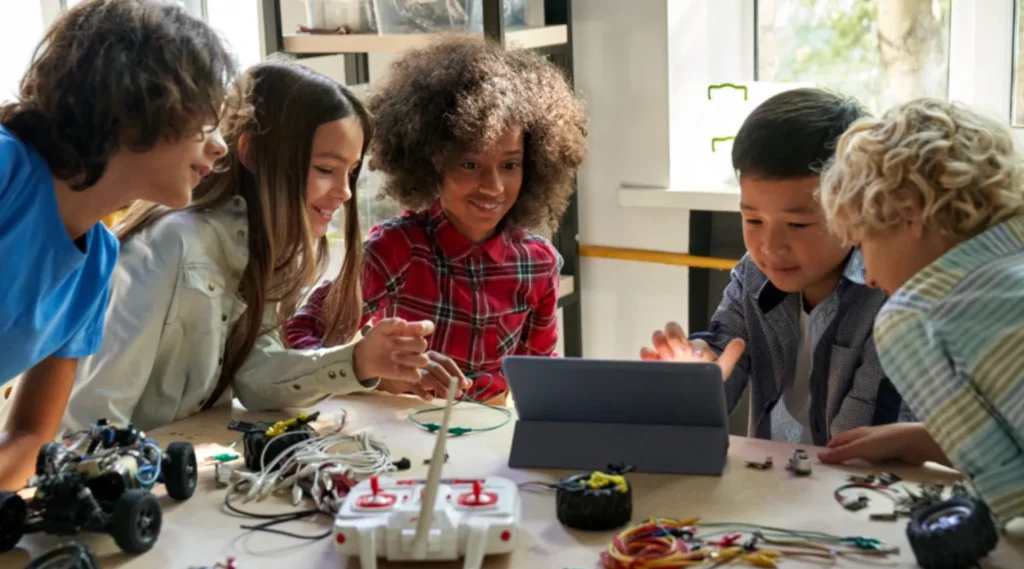At this stage, entertainment and education are merged and appear blurred, especially when it comes to children’s learning sessions. Interactive kids educational games are already employed as a teacher’s instrument that introduce children to engaging and effective learning—they ensure an optimal environment for healthy adopting the most basic skills. These interactive learning games shake up the way little ones grasp new information, maintain knowledge, and apply all the learned materials in realistic scenarios.
In this write-up, interested parents can discover a novel application on how they can educate their children and benefit from interactive activities in learning games. Read further to understand why employing similar games is worthwhile.
The Main Reason Why Parents Should Access Learning Games
For those who teach children, the main reason they should consider learning games in their children’s education is the games’ ability to make developing both accessible and amusing. When youngsters are engaged, they’re more inclined to keep their motivation and continue a session. These kids educational games are designed to attract a child’s attention via colorful graphics, exciting storylines, and interactive activities.
Moreover, educational games adapt to a child’s stage in development, ensuring a personalized learning experience. In this way, children encounter various challenges to resolve—that allows them to progress at their own pace. As a result, parents can be confident that their children are absorbing knowledge that is tailored to their interests, needs, and objectives.
How Educational Games Support Early Childhood Development
The influence of kids educational games https://binibambini.com/ on early childhood development is significant and multifaceted. Such interactive learning options can also help to develop your child’s social, emotional, cognitive, and physical skills that’ll be handy in the future.
Moreover, these interactive games help children adapt problem-solving and critical thinking, as well as logical reasoning. Many games require your little ones to make decisions and solve puzzles, all of which contribute to improved cognitive function.
Conclusion: Parental Responsibility
Parents should take an active interest in the games their children are playing to understand the educational content and monitor screen time. It’s important to set limits on digital learning and other forms of education. If you’ll engage with your child in gameplay, you enhance the learning experience and improve your parental authority.
This learning option should be viewed as a supplement to, rather than a replacement for, conventional education. When employed correctly, games can promote children’s curiosity and nurture passion for learning while granting future academic success.
